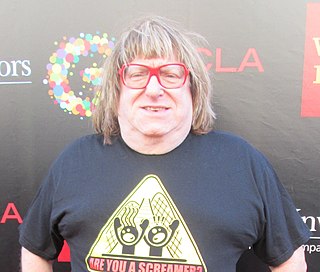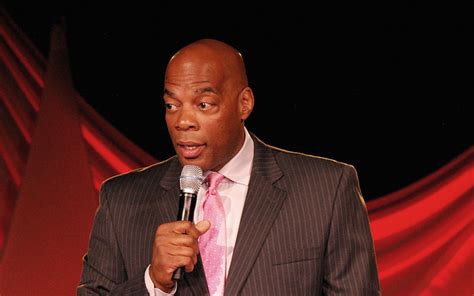A Quote by Ricky Gervais
A joke isn't yours. It's used and you don't know where it's been.
Related Quotes
Of all our studies, history is best qualified to reward our research. And when you see that you've got problems, all you have to do is examine the historic method used all over the world by others who have problems similar to yours. And once you see how they got theirs straight, then you know how you can get yours straight.
I had an awful joke about Auschwitz I drove everybody crazy with that joke. But that joke makes me feel good. You know what "cuit" means? When something is cooked. It's a joke like that: "What are the birds doing when they fly over Auschwitz? 'Cuit! Cuit!'" It's awful, but it's desacralizing. For me, it's good.
You know, I liken it to - when you write a joke for somebody else, it's like you - you know, like the Wile E. Coyote dynamite plunger, where he pushes the plunger down and then you see the fuse go then there's an explosion in the distance? That's like writing a joke for somebody. When you tell the joke, you're in the explosion.
It's really surreal when I play shows, I'll have three or four people who are in the front row who are singing every word to my songs. The first time I experienced that I was like,"Are they mocking me? Is this a joke?" But it's not a joke. They actually identify with my music and that is something that I'm getting used to.





































